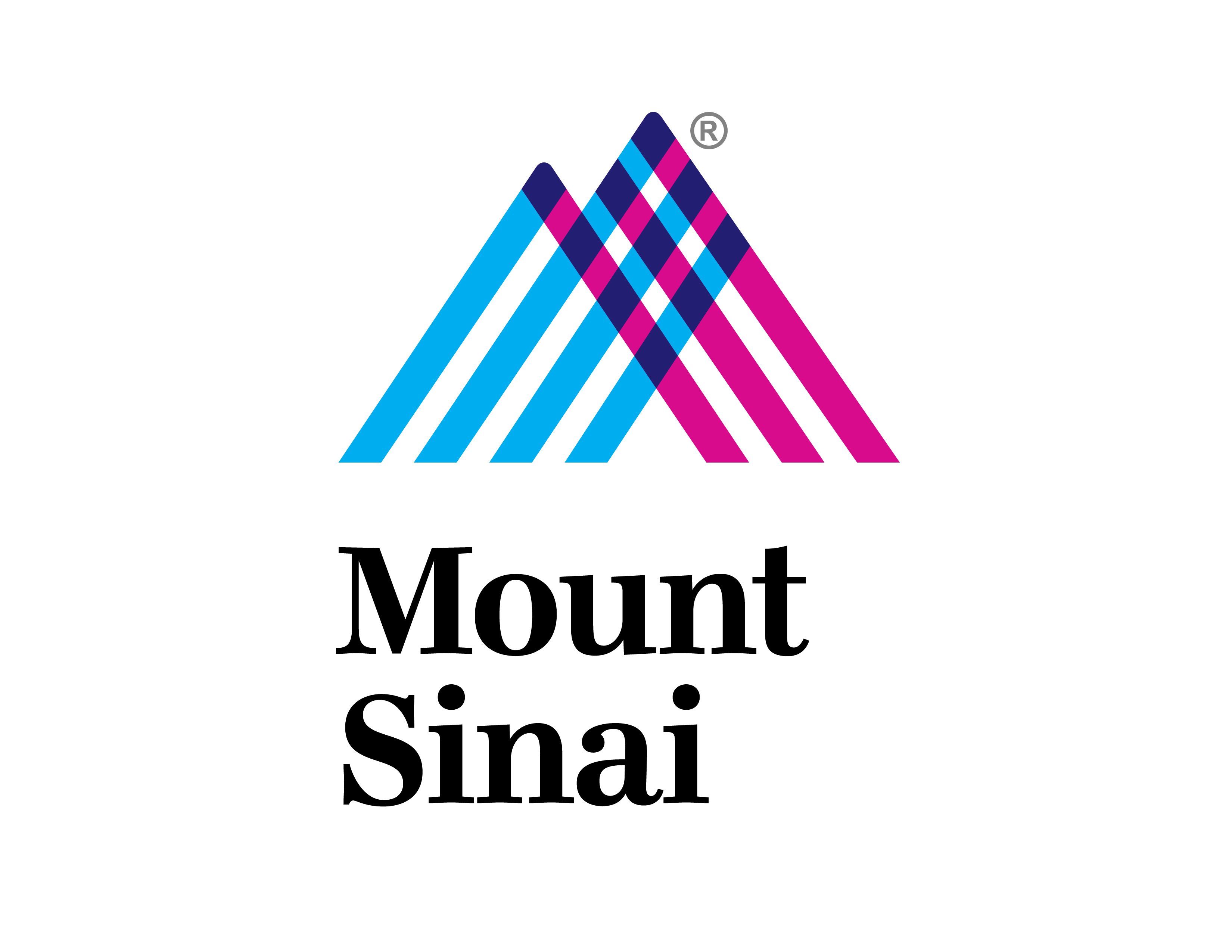
Dr. Tewari shares updates on a mobile prostate cancer screening unit

“We will do exactly what we have done in terms of prototype of our processes, our tools, our design, and how we follow these patients up, and expand this from 10,000 men in less than 2 years to 1 million men in next 10 years,” says Ashutosh K. Tewari, MD.
In this video, Ashutosh K. Tewari, MBBS, MCh, FRCS, shares updates on a
Video Transcript:
We all see that the prostate cancer incidence worldwide is going up. And many times, when we see patients who have been diagnosed with cancer, they have a little bit more aggressive cancer, especially with people who have lack of resources or who are different racial group. They sometimes have been higher incidence and greater mortality due to prostate cancer. My interest is how to change that. There are many ways we can change this disparity. One of the ways I thought, simplistically, is that if we find the cancer early, we hopefully will be able to cure them easily, and then that will give them an ultimate impact down the road. But diagnosing the cancer early is not an easy task, because people need to take off from their work, people need to have insurance, people need to be aware that they need to get checked. All of that combined with the lack of trust towards the health care [among] certain racial groups, they don't go for getting checked, and especially for PSA and prostate cancer, even though they have higher mortality due to this cancer.
To overcome all these handicaps, which I just mentioned, I felt if we have a mobile unit that can go to the places where people live, where they gather, in the churches in the community centers, in the sports events, then we can make them aware that they have in high risk and there is an easy solution to that, that is to find the cancer early. This mobile unit was designed to have that experience, have that facility, have that resource to everyone who is living in the tri-county area. We aimed that maybe in a year's time we will be able to reach out about 1000 people, and over the next 10 years we will reach about 10,000 people. Guess what? We are not even 2 years in, and we are getting close to over 7000. Hopefully by the end of this year, we will cross 10,000 men who have been touched upon by this mobile unit. This mobile unit is funded through philanthropy. People with or without insurance can get the treatment. We have point of care PSA. Normally PSA takes about 1 or 2 days to get the report back. Here we are getting the report back in less than 30 minutes, right when they are filling up their papers. We have mobile point of care imaging facilities in there. We have other equipment, which is just like in doctor's office. So, basically my doctor's office is now on the wheels, and it is going different parts of the New York area. We did send this unit beyond New York. It has gone to Atlanta, it has gone to Florida, it has gone to other places.
So, now we see that we can touch upon 10,000 patients; how about we expand its impact? It is successful, it is usable, it is making an impact. Because 20% of these patients who I am screening, they have an abnormal PSA. Many of them have very high PSA, and actually many of them had a cancer in them. It is making an impact. People are getting tuned to a mobile unit coming by their neighborhood and they can walk into it and get a blood test and talk to a provider about what there is, what other medical issues are going on. I have expanded my goal; now it is not just focusing on these 10,000 people. Why only 10,000? There are millions of men around who need this help, but I cannot do it alone. I came up with a concept, what we call A Million Strong Men. I'm going to partner with different health care providers in different parts of the United States, including globally. We will do exactly what we have done in terms of prototype of our processes, our tools, our design, and how we follow these patients up, and expand this from 10,000 men in less than 2 years to 1 million men in next 10 years. That will happen exponentially by partnering with other institutions, other doctors, or other societies. We are making real good progress in that, and possibly 2 other units are going to come in the next 6 months. We are also talking to some people globally, in Delhi and other parts of the world where they don't have all the resources. We can make these units and implant them there and touch upon these patients. They all will be digitally connected to the one central database. That will be one of the largest pools of patients who have been screened and followed irrespective of whether they had resources or not, irrespective of whether or not they had the money to go and get these tests done. It saves time. It gives the result immediately. And it is their friend who will stay with them for a long time. This is the update on the mobile unit. Now it is becoming A Million Strong Men over the next 10 years.
This transcription has been edited for clarity.
Newsletter
Stay current with the latest urology news and practice-changing insights — sign up now for the essential updates every urologist needs.






